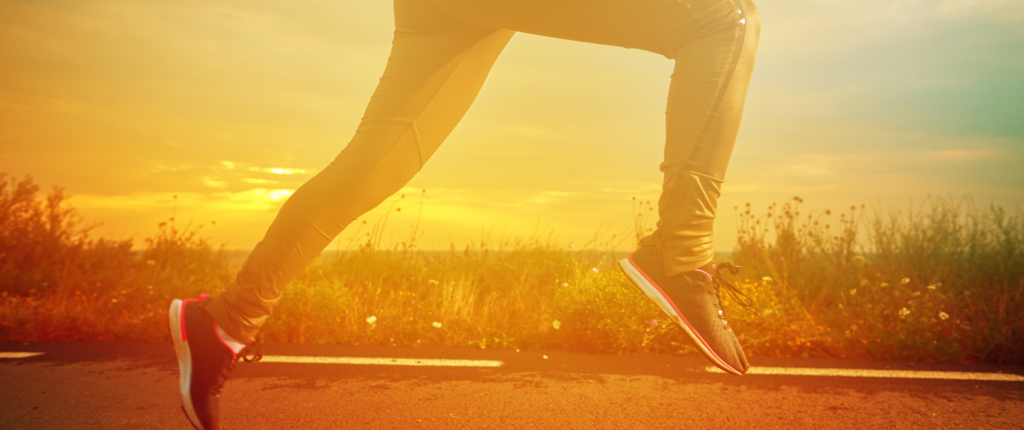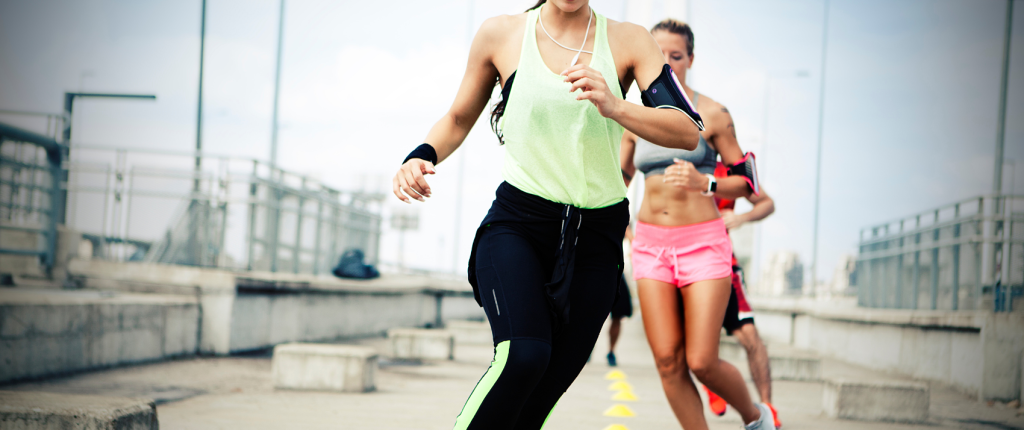As the sun blazes down and nature comes alive, summer in South Africa presents a unique opportunity for outdoor training. With diverse landscapes ranging from sprawling beaches to mountainous terrains, summer is the perfect time to embrace fitness in the great outdoors. Here’s a guide on how to make the most of your summer training in South Africa.
Benefits of Outdoor Training
Table of Contents
- Natural Environment: Training outdoors allows you to connect with nature, providing mental health benefits such as reduced stress and improved mood. The picturesque landscapes of South Africa—from the majestic Drakensberg Mountains to the serene coastlines—serve as a beautiful backdrop that can motivate and inspire.
- Variety of Terrain: Whether you’re running on sandy beaches, hiking in forests, or cycling through vineyards, South Africa offers a range of terrains to challenge your body in different ways. This variety can prevent monotony in your workout routine and help you develop different muscle groups.
- Vitamin D Boost: With abundant sunshine, training outdoors can increase your vitamin D levels, which is essential for bone health and immune function. Just be sure to wear sunscreen to protect your skin!
Tips for Summer Training
1. Hydration is Key
South African summers can be hot and dry, making hydration crucial. Always carry water with you, especially if you’re planning longer sessions. Consider electrolyte drinks for prolonged activities to replenish lost minerals.
2. Time Your Workouts
To avoid the peak heat of the day, aim to train early in the morning or later in the afternoon. Temperatures can soar during midday, so adjusting your schedule can help you avoid heat exhaustion and make your workouts more enjoyable.
3. Dress Appropriately
Opt for lightweight, breathable clothing made of moisture-wicking materials. Light-coloured outfits reflect the sun, helping you stay cooler. Don’t forget a wide-brimmed hat and sunglasses for added protection.
4. Listen to Your Body
The heat can be challenging, so it’s important to listen to your body. If you feel dizzy, excessively fatigued, or experience any signs of heat-related illnesses, stop and find shade. Adjust your intensity as needed; it’s okay to take it easy on particularly hot days.
5. Explore Group Activities
Summer is a great time to engage in outdoor group activities. Join a local running club, participate in community fitness events, or take up outdoor yoga. Not only does this provide motivation, but it also fosters a sense of community.

Popular Outdoor Training Activities
- Trail Running and Hiking: South Africa boasts numerous trails suited for all levels. The Table Mountain National Park and the Otter Trail are just a couple of breath-taking spots perfect for both running and hiking.
- Beach Workouts: The coastal cities offer sandy beaches ideal for functional training. Incorporate exercises like burpees, sprints, or resistance band workouts with the ocean as your backdrop.
- Cycling: Whether on road or mountain trails, cycling is a fantastic way to explore South Africa’s stunning scenery. Routes like the Cape Town Cycle Tour are popular among cycling enthusiasts.
- Outdoor Yoga and Pilates: Many cities offer outdoor classes in parks or on beaches. Practicing yoga or Pilates in nature enhances relaxation and mindfulness.
- Adventure Sports: For thrill-seekers, consider activities like rock climbing, kayaking, or surfing. South Africa’s varied landscapes offer plenty of options for an adrenaline rush.

Conclusion
Training outdoors in the South African summer can be an invigorating and rewarding experience. With the right preparations, you can enjoy the benefits of fresh air, stunning landscapes, and the camaraderie of fellow fitness enthusiasts. So, lace up those sneakers, grab your water bottle, and get ready to explore the beauty of summer training in South Africa!
Disclaimer – Healthi and its associates offer health and fitness information and is designed for educational and entertainment purposes only. You should consult your physician or general practitioner before beginning a new fitness program. You should not rely on this information as a substitute for, nor does it replace, professional medical advice, diagnosis, or treatment. If you have any questions or concerns about your health, you should always consult with a physician, general practitioner, or other qualified healthcare professional. Do not disregard, avoid or delay obtaining medical or health-related advice from your healthcare professional because of something you may have read in our publications or lectures. The use of information provided through the urban wellness service is solely at your own risk and is not medical or healthcare advice.






